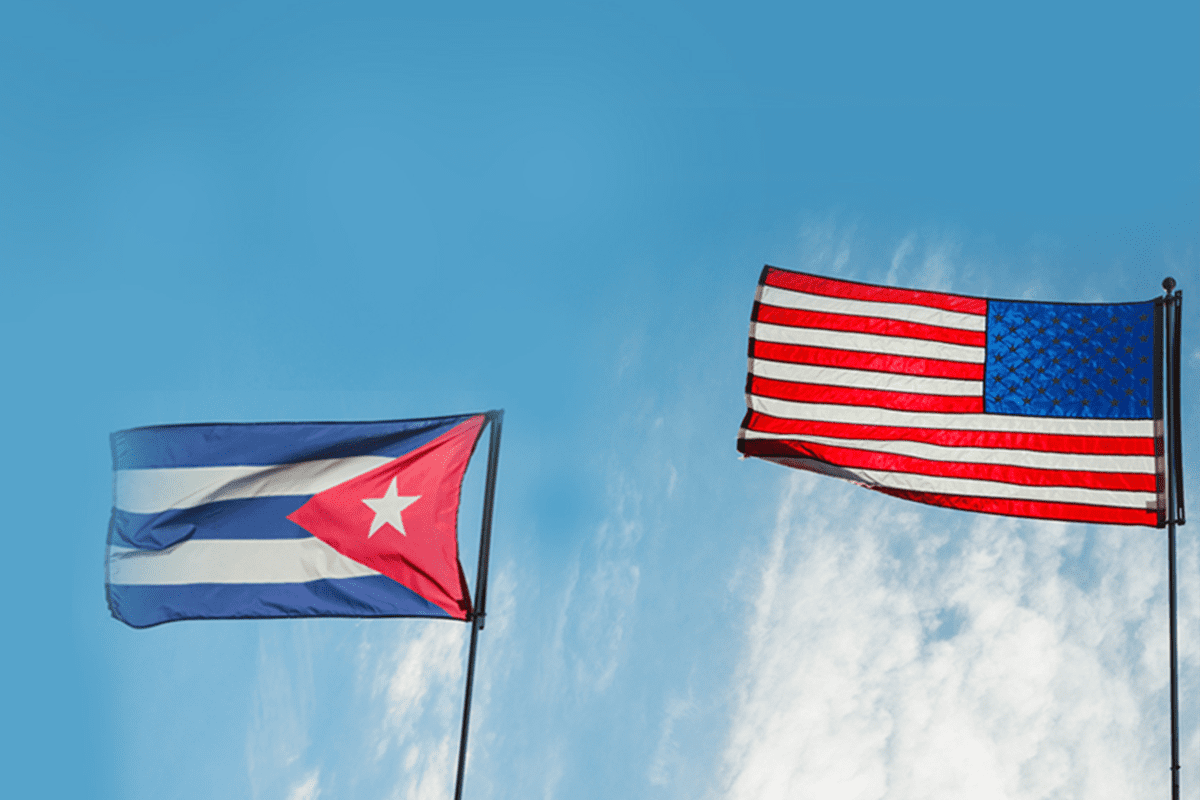Here’s Why Our Relationship with Cuba Matters
By Preeti Singh, Alisa O’Brien, March 18, 2016

“When it comes to innovations from Cuba, it turns out that the same agency that collects your taxes, the Department of the Treasury, has the authority to decide what medicines your doctor eventually can prescribe for you.” –Gail Reed, co-founder of MEDICC
While President Obama continues to announce new regulations that ease restrictions against Cuba in such areas as travel and commerce, barriers to collaboration in health and science have remained in place. The upcoming US delegation trip to Cuba is a perfect opportunity to highlight the need for improved cooperation in health so that life-saving innovations in each country are made available to the other.
For example, approximately 75,000 diabetics in the U.S. will require amputation from diabetic foot ulcers. International scientific articles show that a Cuban medication, unavailable in the U.S., reduces the risk of diabetic foot amputation by over 70 percent in countries where it is accessible.
There is no similar treatment available in the US.
Cuba is a poor country, but despite the embargo, it has managed to build a strong biotechnology industry that has been featured in news outlets like Wired, Economist and Nature. The World Health Organization has noted the Cuban government’s investment in biotechnology to fight cancer, which is the second leading cause of death in Cuba—and the United States. Beyond cancer drugs and therapeutic vaccines, Cuba has also developed a cutting-edge diabetic foot ulcer medication.
But the fruits of Cuba’s biotechnology industry remain off-limits to Americans.
In an op-ed published by the San Francisco Chronicle, Gail Reed, the co-founder of Medical Education Cooperation with Cuba (MEDICC), explains how President Obama—with just a few signatures on executive actions—can break the barriers to these Cuban innovations and improve the health of Americans.
For more information, read the op-ed, and check out MEDICC’s white paper on the topic.
